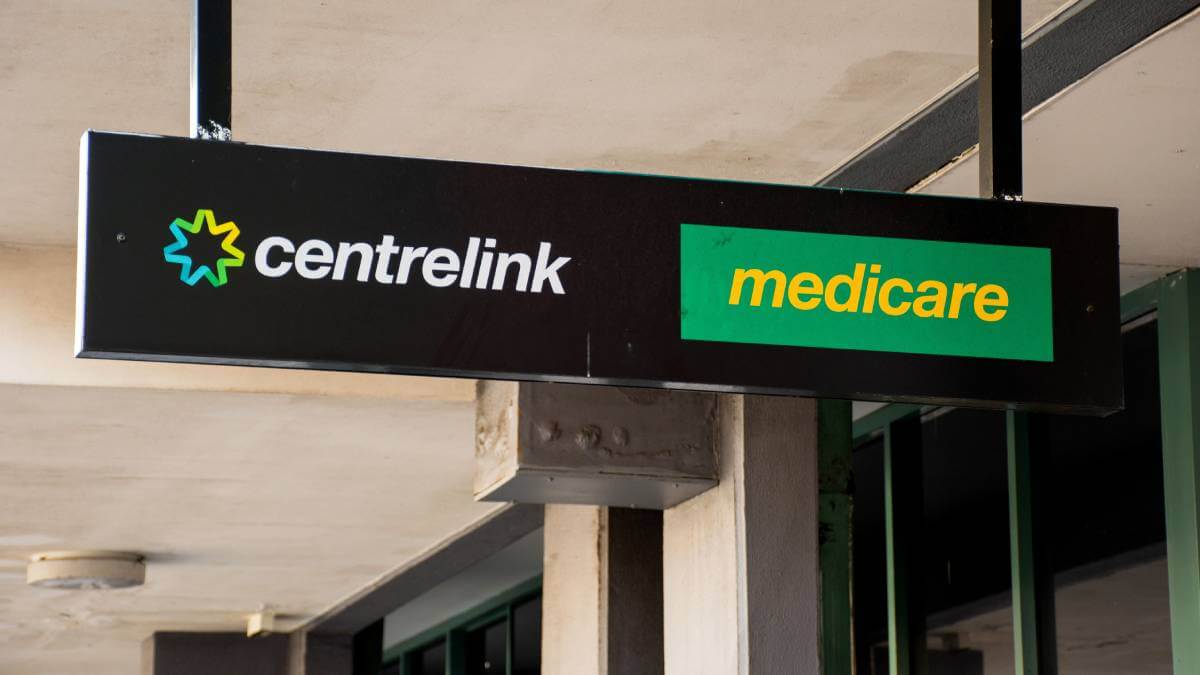As we navigate the ever-evolving landscape of healthcare and government services, it’s crucial to stay informed about changes that could impact our daily lives. For millions of Australians, a significant alteration to Medicare’s accessibility has just taken effect, and it’s important to understand what this means for you and your loved ones.
Starting January 2, the way you reach out to Medicare for assistance is changing. Gone are the days of 24/7 phone support. Instead, Medicare has introduced specific time windows during which you can call for help. This major shake-up means that on weekdays, phone lines will be open from 7am to 10pm, and on weekends, you can call from 7am to 7pm. This change is designed to streamline operations and reallocate staff to priority tasks, such as processing claims and managing other critical 24-hour lines.
A Medicare spokesperson has assured the public that this adjustment will enhance the system’s overall efficiency. They explained that the decision was based on an internal review which found that calls outside the new hours were exceptionally low. By focusing resources on peak times, Medicare aims to deliver services more effectively.
But what does this mean for you? Well, it’s not all about reduced phone hours. Medicare is also encouraging customers to utilise their online self-service options, which remain available 24 hours a day. The new Medicare claims tracker, for instance, has already seen significant use, with customers checking the status of their claims online over 1.8 million times, at an average of just 12 seconds per check.
While these changes to Medicare are noteworthy, there’s also an important update for Centrelink users to be aware of. As we welcomed the new year, Centrelink introduced a significant extension to the medical certificate system. Previously, the maximum period for a medical certificate to exempt you from Centrelink obligations was 13 weeks. Now, that period has been extended to 24 months for some job seekers with requirements.
This extension is a game-changer for those who are unable to participate in work or other activities due to illness or injury. Services Australia has clarified that while they assess your exemption request, you must continue to meet your mutual obligation requirements, which include attending appointments and doing agreed activities.
The medical exemption applies to various payments, including JobSeeker, Youth Allowance for job seekers, Parenting Payment Single when the youngest child turns six, and Special Benefits for Nominated Visa Holders. It’s crucial to note that the exemption is contingent on the illness or injury preventing any suitable work or participation in activities for up to eight hours per day.
Moreover, the new year has brought about an update for Centrelink payments through indexation. Payments such as Youth Allowance, Austudy, Youth Disability Support Pension, and Carer Allowance have seen an increase from January 1. Other payments, including the Age Pension, JobSeeker, and Disability Support Pension, are expected to rise with indexation in March and September.
We’d love to hear your thoughts on these changes. How do you feel about the new Medicare support hours and the Centrelink medical certificate extension? Have you used the new Medicare claims tracker or experienced any impact from the updates? Share your insights in the comments below – let’s discuss how these changes are affecting us all.
Also read: 2025 financial adjustments: Centrelink, Medicare, and Superannuation insights

